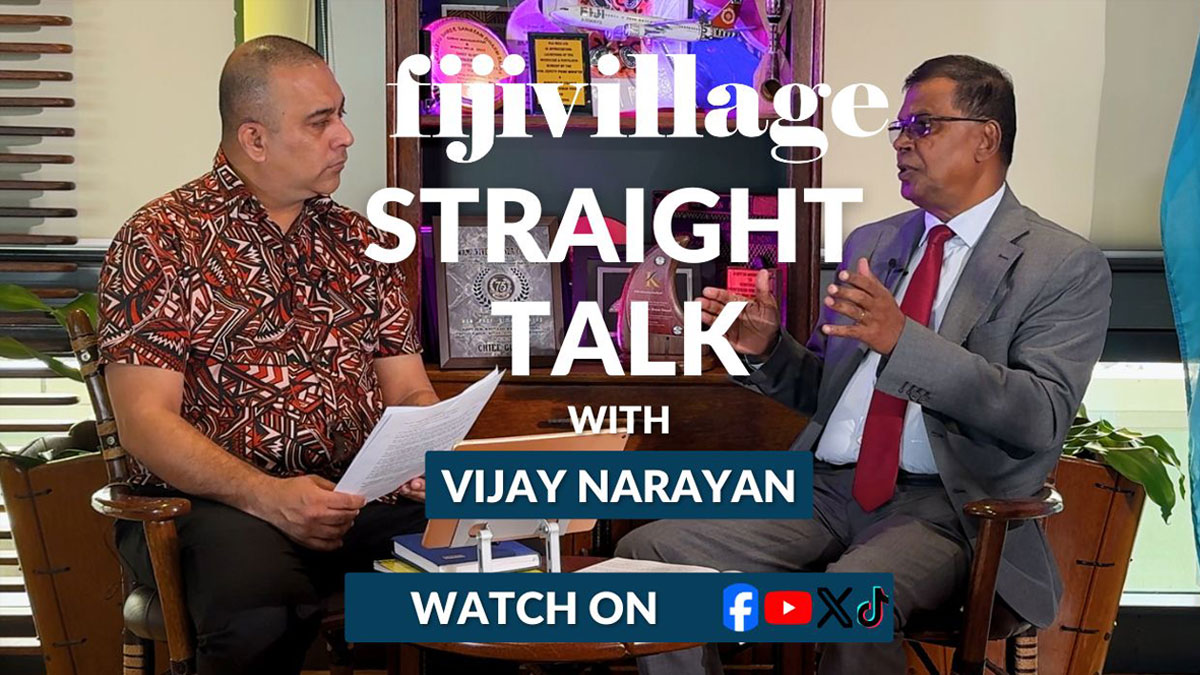
The Fijian Competition and Consumer Commission is warning the people about a potential scam involving social media advertisements claiming to offer free online courses with certificates and pathways to high-paying jobs.
FCCC CEO Joel Abraham says the misleading advertisements which uses the Fiji Government logo to fake legitimacy, are circulating on social media platforms, encouraging users to click on unverified links, potentially leading them to fraudulent sites which aim to collect personal information for nefarious purposes.
Abraham warns people to remain cautious and avoid sharing personal details with suspicious sources.
He says as they have highlighted in the past, scammers have become increasingly sophisticated in the way that they target Fijians.
The CEO says official information on government-sponsored programs is always communicated through verified channels.
He says these online education scams are cleverly disguised to exploit Fijians seeking to improve their skills.
Abraham says while they work towards the development of more robust anti-scam intervention and legislation for the future, they need people to exercise caution.
He says people should always scrutinise such offers and verify with credible sources.
The CEO says if it seems too good to be true, it probably is.
He says to protect themselves from falling victim to scams, FCCC advises the public to verify all offers by contacting official channels or visiting recognised educational institutions’ websites.
Abraham says avoid clicking on unsolicited links or providing personal information online, especially in response to unverified offers.
He says with the Diwali season underway, FCCC further urges Fijians to be on high alert for scams.
The CEO says this period often sees a rise in fraudulent activities, as scammers seek to exploit the excitement and increased online shopping during the celebrations.
He adds people must be cautious of any unsolicited offers, discounts, or giveaways that require personal information or financial details.
Abraham says scammers may use Diwali-themed messages to disguise their intentions, so please verify the authenticity of all offers before engaging.
Stay tuned for the latest news on our radio stations

